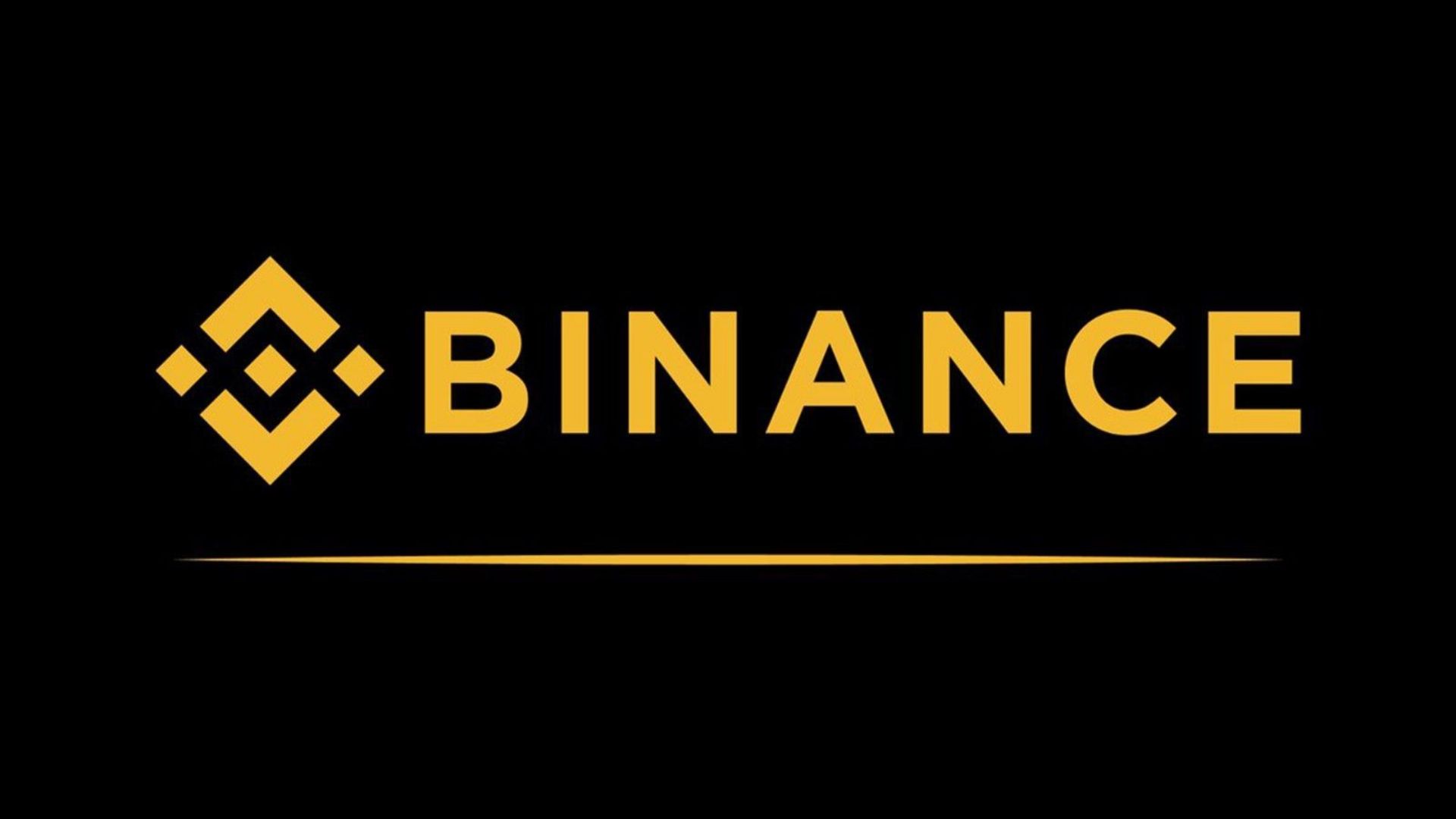
Binance’s Return to India After Ban Comes With $86 Million Tax Demand
Crypto exchange Binance has made a comeback in India after a previous ban, but its re-entry is accompanied by an $86 million tax liability under the Goods and Services Tax (GST), according to reports from CoinTelegraph.
The exchange’s return to the Indian market, launched on India’s 78th Independence Day, marks a significant milestone in the country’s crypto adoption journey. However, this development follows a lengthy regulatory process that began in December 2023 when the Financial Intelligence Unit (FIU) of the Indian Ministry of Finance issued notices to several offshore crypto exchanges, including Binance, KuCoin, and others, for unauthorized operations in India.
The core issue stemmed from Binance’s failure to register as a “reporting entity,” which meant it wasn’t submitting required statements to the Indian Income Tax Department. This loophole allowed users to bypass Indian tax laws, including the 1% TDS levy and 30% tax on crypto transactions and digital asset transfers, enabling them to underreport their earnings.
To reestablish its presence in India, Binance has taken significant measures, including paying a $2.25 million fine to the FIU for violating Anti-Money Laundering (AML) regulations. The exchange has committed to ongoing compliance with tax reporting requirements and maintaining robust AML and Countering the Financing of Terrorism controls.
Furthermore, Binance has pledged to establish a cutting-edge Financial Crimes Compliance unit, aimed at supporting investigative agencies in combating crypto-related crimes and enhancing collaborative security within the ecosystem through capacity-building initiatives.
Despite these efforts, the exchange’s return is overshadowed by the substantial $86 million tax demand from Indian authorities. As Binance navigates this new chapter in India, it remains to be seen how the exchange will address this tax liability and continue its operations in the rapidly growing Indian digital economy.


